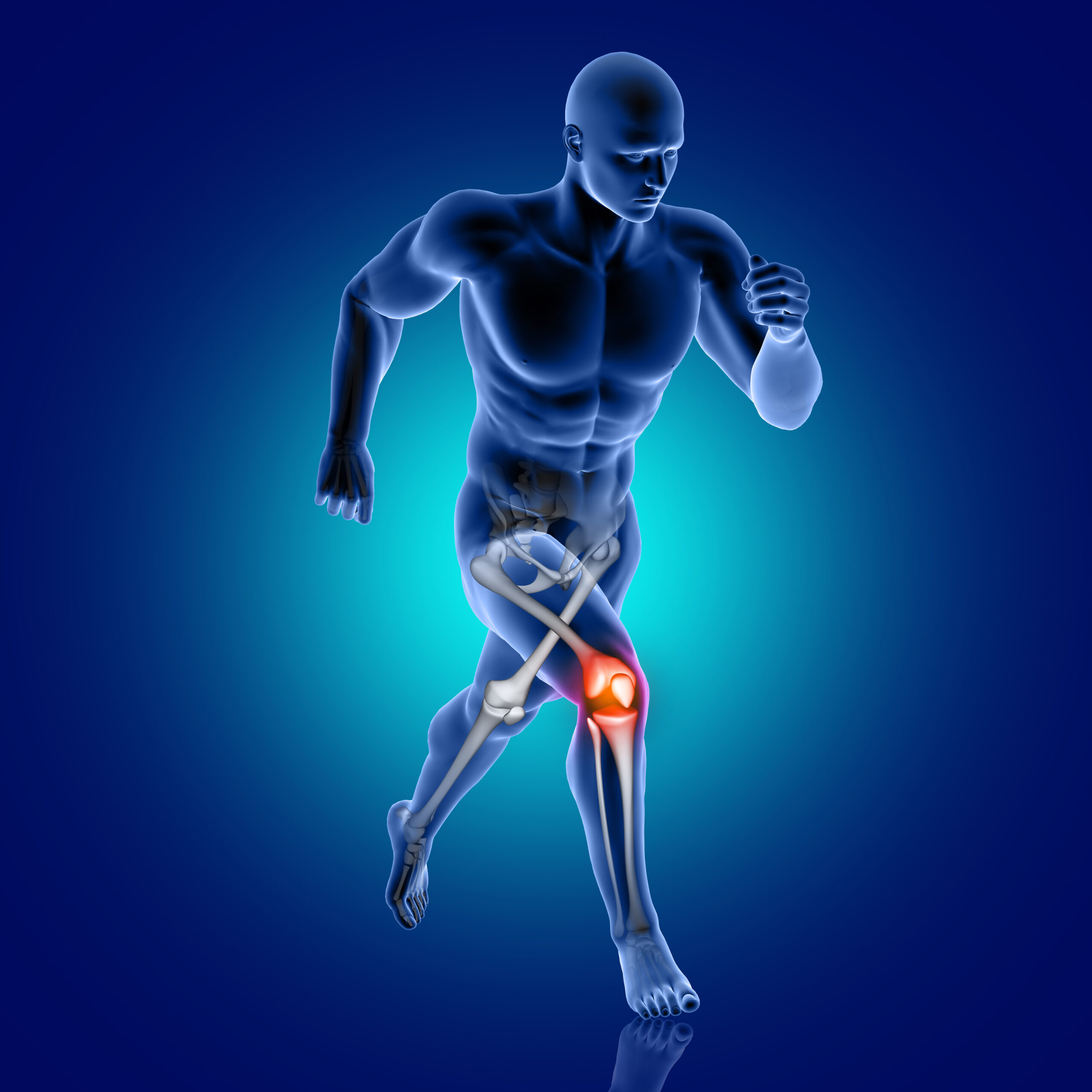Medical Disclaimer:
This content is for educational purposes only and is not intended as a substitute for professional medical advice. Testosterone Replacement Therapy (TRT) should only be prescribed to individuals diagnosed with clinically low testosterone (hypogonadism) by a licensed healthcare provider. It is not approved for age-related testosterone decline or general wellness enhancement.
Understanding the Right TRT Dosage for You
Testosterone Replacement Therapy (TRT) is becoming an increasingly popular option for men looking to restore their vitality, energy, and overall health. One of the most common questions asked by those considering TRT is: “Is 1 cc of testosterone a week enough?” Many people are trying to understand the proper dosage for TRT, particularly when it comes to how much testosterone should I take a week to see the best results. It’s important to note that there is no one-size-fits-all answer. The ideal TRT dosage per week depends on multiple factors, including your personal health needs, current testosterone levels, and how your body reacts to treatment.
Understanding the Role of Testosterone in Your Body
Testosterone is a vital hormone in the male body that affects many crucial functions, such as:
-
Muscle Development: Testosterone plays a key role in muscle growth and maintenance, which is vital for strength and fitness.
-
Bone Health: Proper testosterone levels are essential for maintaining bone density and preventing osteoporosis.
-
Sexual Health: Testosterone directly influences libido, sexual performance, and fertility.
-
Mood & Mental Health: It helps regulate mood, reduce feelings of depression, and improve mental clarity and focus.
As men age, testosterone levels naturally decline, which can lead to symptoms like fatigue, reduced libido, weight gain, and mood changes. To address these issues, many men turn to TRT to restore balance and improve their quality of life.
What Does 1 cc of Testosterone Mean?
When discussing testosterone dosage per week, 1 cc typically equals 200 mg of testosterone, usually in the form of testosterone enanthate. This is often considered a standard starting dose for many men undergoing testosterone therapy, as it can help bring testosterone levels back into balance.
However, whether 1 cc of testosterone per week is enough can vary based on individual factors. Some men may need more or less, depending on their:
-
Body weight
-
Age
-
Metabolism
-
Severity of testosterone deficiency
-
Overall health
For some individuals, 1 cc may be sufficient to achieve the desired effects, but others may need higher doses, such as 1.5 cc per week (300 mg), while some may only need as little as 125 mg or 140 mg per week to reach their optimal level.
How Much Testosterone Should I Take a Week?
The right TRT weekly dosage varies based on individual needs. While 150 mg of testosterone per week is commonly used as a starting point, the exact dosage should always be tailored by your healthcare provider. Factors influencing your dose include:
-
Lab Results: Regular blood tests will help determine your testosterone levels and how much you need.
-
Health Status: Your overall health and any underlying conditions can influence your required testosterone dose.
-
Therapeutic Goals: If your goal is to increase energy, improve muscle mass, or enhance libido, your dosage may be different from someone simply seeking to stabilize testosterone levels.
Will One Shot of Testosterone Make a Difference?
A single testosterone injection may provide an initial boost, but TRT is a long-term treatment. While some men notice improvements in energy, mood, and libido within just a few weeks, it typically takes several weeks for the full benefits to be realized. Regular, consistent dosing is essential for maintaining optimal results.
How Long for Test C to Kick In?
Many men report improvements in mood and energy within 3 to 4 weeks of starting testosterone cypionate (Test C), but muscle growth and libido enhancements can take longer. Monitoring your testosterone levels regularly helps ensure that your TRT dosage per week remains on track, making adjustments when necessary.
Adjusting the TRT Dose: Finding the Right Amount
It’s important to remember that every patient’s TRT weekly dosage is unique. For some men, 1 cc of testosterone per week may be sufficient, while others may need to adjust their dosage based on their testosterone levels and how their body responds to treatment.
Understanding CC to MG Conversion
Testosterone is often measured in milliliters (cc), and 1 cc is typically equivalent to 200 mg of testosterone. However, this can vary depending on the concentration of the product used. For example, if you’re using Test 400 (which has a higher concentration), your dosage will be different than if you’re using a standard testosterone formulation.
Factors That Influence the Effectiveness of TRT
Several factors can impact the effectiveness of your TRT dosage, whether you are using 1 cc of testosterone per week or another amount:
-
Initial Testosterone Levels: Men with very low testosterone may require a higher starting dose to experience significant improvements.
-
Individual Response: Every person’s body reacts differently to testosterone. Some men may find that 1 cc per week is enough, while others may need more or less.
-
Therapeutic Goals: Whether the goal is to increase vitality, muscle mass, or overall health will affect the prescribed dosage.
-
Injection Frequency: While weekly testosterone injections are common, some men may benefit from bi-weekly or even monthly shots.
Monitoring and Adjusting Your TRT Dosage
It’s critical to regularly monitor your testosterone levels through blood tests to assess the effectiveness of your current dosage. Your healthcare provider will help you determine if your current dose is sufficient or if an adjustment is necessary. How much testosterone per week is enough will depend on your symptoms and the results of your lab work.
Regular follow-up appointments with your healthcare provider will help fine-tune your TRT weekly dosage and ensure that it aligns with your individual needs and therapeutic goals.
The Benefits of Testosterone Replacement Therapy
Testosterone replacement therapy offers a wide range of benefits for men with low testosterone levels, including:
-
Increased energy levels
-
Enhanced libido and sexual performance
-
Improved mood and cognitive function
-
Increased muscle mass and strength
-
Better bone density and fat distribution
Many men undergoing TRT report noticeable improvements in their overall quality of life. These positive changes highlight the importance of consulting with a healthcare provider to determine if TRT is right for you.
Choosing the Right Testosterone Replacement Therapy Clinic
Choosing the right clinic for testosterone replacement therapy is crucial for achieving optimal results. If you’re wondering how much testosterone per week you should take, or whether 1 cc of testosterone per week is suitable for you, it’s essential to find a clinic that tailors treatment to your specific needs. Clinics like Endless Vitality provide personalized TRT care plans based on your unique health profile.
Whether you’re starting with 150 mg testosterone per week or adjusting your dosage, a professional clinic can guide you through the process, helping you achieve the best results. They can also advise on how long it takes for testosterone to kick in, or whether 2 cc of testosterone per week might be more effective for your individual case.
Conclusion
When considering TRT, it’s important to remember that 1 cc of testosterone per week may be suitable for some men but not for others. The right TRT dosage per week should be based on your individual health needs, testosterone levels, and personal goals. Regular monitoring through blood tests and consultations with your healthcare provider will ensure the best results while minimizing risks.
If you’re asking yourself, how much testosterone should I take a week, consult with a healthcare professional to develop a personalized TRT plan that will help you regain your vitality, improve your health, and enhance your overall quality of life.



